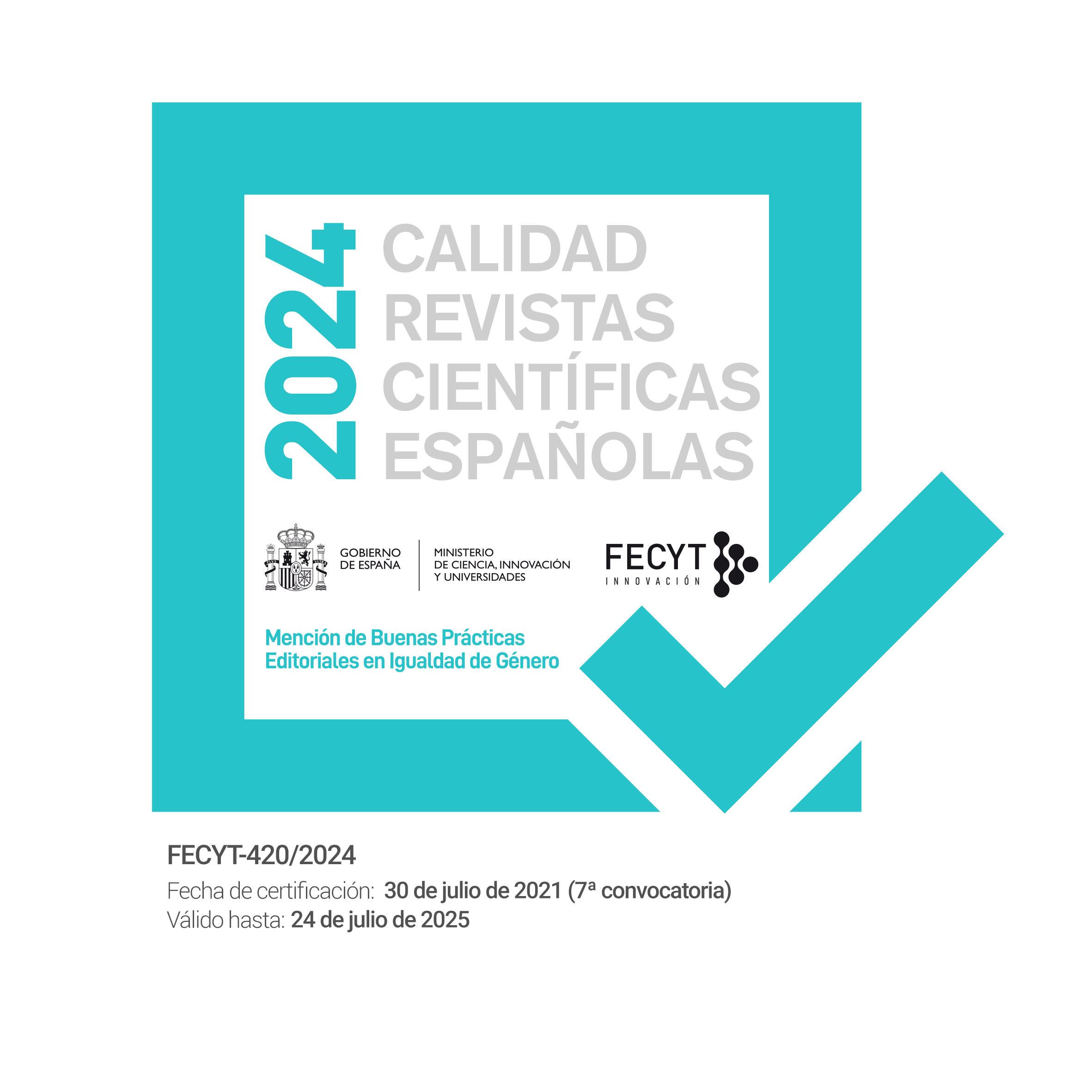Narrating Tiredness: Body, Work, and Intimacy in El Evangelio, by Elisa Victoria
DOI:
https://doi.org/10.1344/452f.2024.31.3Keywords:
Post-15M literature , Burnout , Imperative of happiness , Post-ironic beliefAbstract
This article analyses El Evangelio (2021), by Elisa Victoria, as an example of the re-politization of Spanish literature after the 15-M Movement, as argued by David Becerra Mayor and María Ayete Gil. Specifically, this novel addresses the moral value attributed to work and the imperative of happiness, both fundamental elements in neoliberal subjectivity. El Evangelio articulates these critiques by paying attention to the body and the everyday life of the protagonist. The article concludes by proposing that the notion of «post-ironic belief», coined by Lee Konstantinou (2016), can help us to understand the protagonist’s willingness to engage with the world in the oppressive context she inhabits.
Downloads
Published
How to Cite
Issue
Section
License
Copyright (c) 2024 Paula Romero Polo

This work is licensed under a Creative Commons Attribution-NonCommercial-NoDerivatives 4.0 International License.
All contents published in the journal are protected under a Creative Commons BY-NC-ND license. This corresponds to legislation within Spain, and does not allow commercial use of the texts. It is not possible to modify the contents either.
General information.
Comparative Literature magazine 452ºF [ISSN 2013-3294] is a publishing project coordinated by Asociación Cultural 452ºF, and developed by its Editorial board.
Access to the Contents and Copyright.
All contents published in the journal are protected under a Creative Commons BY-NC-ND license. This corresponds to legislation within Spain, and does not allow commercial use of the texts. It is not possible to modify the contents either.
Every person has free access to the contents of the journal as long as they understand and assume that no profit is to be made on other people’s work.
In all cases, the original source name of the online journal and the article must be mentioned when used for any purposes.
Basic Conditions of all Call for Papers.
- 1. The author accepts that sending the paper:
- a. Does not guarantee the publication of it.
- b. Is done in accordance to the style-sheet of the magazine and the requirements of the specific call for papers.
- c. Implies the non-exclusive transferring of the first publication rights of the paper, as long as it is selected to be published in the journal, to theAsociación Cultural 452ºF, under a Creative Commons BY-NC-ND license.
- 2. The journal 452ºF, in due respect to moral rights of a copyright, guarantees that:
- a. All papers will be evaluated according to the procedure already mentioned.
- b. All authors will receive either a positive or negative answer to their sending a paper for publication.
- c. All papers will be published unabridged. The journal might make changes in the typographical disposition according to the needs.
- d. All papers will be published under a Creative Commons BY-NC-ND license.





